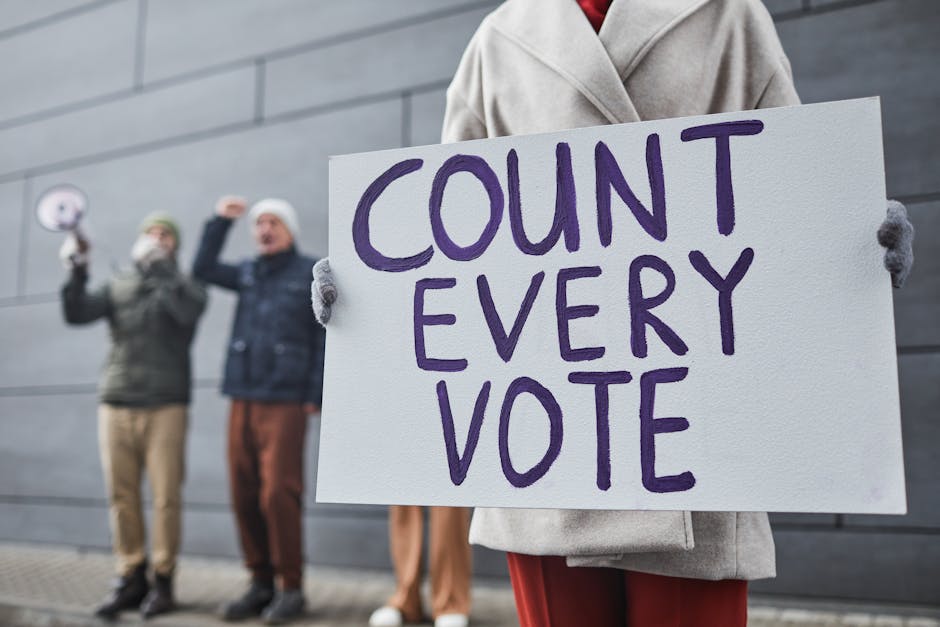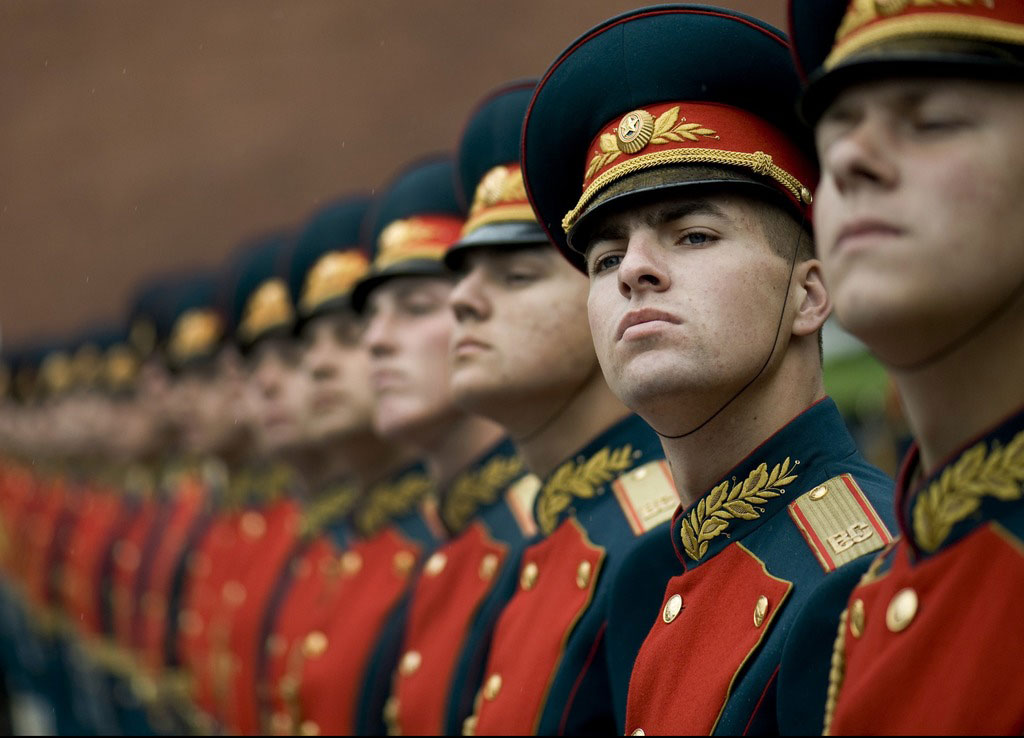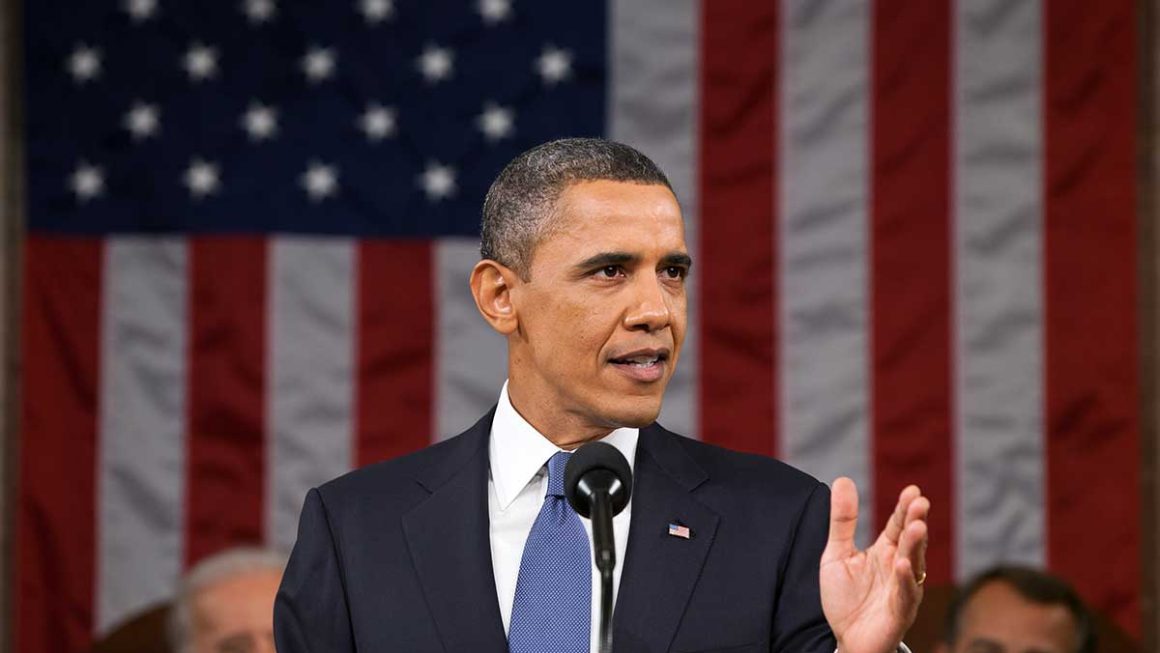As we enter a new era, it’s becoming increasingly clear that traditional politics as we know them might soon be a thing of the past. With the rise of social media and the greater accessibility of information, individual citizens have more power than ever before to shape public opinion. This is leading to a shift away from the traditional hierarchical structures that characterize politics, toward a more decentralized system that allows for greater participation and innovation. In this blog post, we’ll explore why this change is happening, what it means for the future of politics, and how you can get involved in shaping the new political landscape.
The changing political landscape – Highlight the changes happening in the world of politics

Political landscapes are continuously changing, and we’re currently seeing a major shift. The traditional political spectrum is no longer fitting in the current age and is being replaced by a more issue-based mindset. Political parties and affiliations are taking a back seat while people are focusing more on specific causes and ideologies. With the emergence of social media, people are more exposed to global issues and are seizing the opportunity to take a stand on these issues. This means that the conventional political system will become less relevant, and the focus will shift from party politics to relevant issues that the masses want to address. Politics, as we knew it, may be on its way out, making way for a new kind of political landscape where everyone can have a say in how things are run.
The rise of technology – Explain how technology is changing how we conduct politics

Technology is dramatically changing how we conduct politics. Gone are the days when political campaigns relied on door-to-door canvassing, phone banks, and rallies to get their message across. Now, social media is the primary mode of communication between politicians and their constituents. Candidates use social media platforms to announce their campaigns, share their views, and solicit feedback from the public. Moreover, mobile applications and online platforms are being developed to help people easily register to vote, find their polling stations, or even donate to a candidate. With the vast amount of data that technology can collect, politicians can now use artificial intelligence and machine learning algorithms to understand voter behavior, target advertising more effectively, and improve policy-making decisions. In the future, politics may become less about personal charisma than about a well-placed algorithm – which could either make it more democratic or more oligarchic, depending on how technology is integrated into the political system.
Social media impact – Highlight how social media is affecting how people follow politics

Social media has revolutionized the way people follow politics. With the advent of social media platforms like Twitter, Facebook, and even Instagram, individuals can now easily access information on political issues and scandals from anywhere in the world. As such, traditional political channels such as newspapers and television are gradually losing relevance. Social media has also enabled people to interact with politicians and political candidates more directly, making it easier for them to participate in the political process.
The rise of social media has also led to the creation of fake news, deepfakes, and other misinformation campaigns that can sway public opinion on political issues. Additionally, social media algorithms tend to reinforce our existing beliefs and biases, making it increasingly difficult to have civil and productive conversations about politics with those who hold different views.
Given these effects, it is reasonable to ask whether social media has helped to improve or weaken politics. While the answer may be ambiguous, it is evident that social media’s impact on politics is irrefutable. Politicians and their supporters must adapt to this new reality and adopt social media as a critical tool for political communication and engagement if they wish to remain relevant in the ever-evolving political landscape.
The move towards unity – Explain how people are uniting towards a common goal

With the recent events and challenges we have been facing as a society, more people are beginning to realize the importance of unity. We are starting to see a shift in mindset towards working together towards a common goal, rather than highlighting our differences and dividing ourselves. This is evident in the various grassroots movements and organizations that are emerging, all aimed at bringing people together and creating a sense of community and belonging.
Moreover, people are also recognizing the need to work towards a common purpose instead of putting emphasis on individual interests. Instead of fighting for power or control, we are moving towards collective efforts that aim at achieving a more significant impact. This shift towards unity is particularly crucial in politics where we have seen the negative effects of division and polarisation.
We are beginning to see signs of unity in the political sphere, with parties and individuals coming together despite their political differences to fight for a common goal. This is especially important in instances of crises, such as the current global pandemic, where people must put their differences aside and work together to find solutions and ensure the welfare of the society.
In conclusion, unity is the way forward, and it is vital that we continue to work towards this common goal. By putting aside our differences and working collectively, we can create a better and more prosperous future for all.
The need for collaboration – Highlight the importance of collaboration in achieving success

Collaboration is essential to succeed in any endeavor, including transcending the influence of politics. In today’s world, it has become increasingly evident that no individual or group can accomplish significant change alone, especially considering the polarized nature of politics. Therefore, it is essential to foster a collaborative mindset and engage with others to achieve collective goals.
Collaboration enables the pooling of resources and sharing of knowledge, which increases the likelihood of success. Moreover, working with others who have varying perspectives helps to identify blind spots and biases. As a result, collaboration helps to identify strategies that are more likely to succeed, and it ensures that everyone’s input is considered.
To transcend the influence of politics, collaboration is not only advisable but necessary. This is because political affiliations often limit individuals‘ perspectives and restrict their ability to think critically. Working collaboratively helps to mitigate these limitations by bringing together individuals with diverse backgrounds, experiences, and skills.
Finally, collaboration helps individuals to develop essential communication skills and build stronger relationships. This promotes mutual trust and respect, which are critical ingredients for successful collaboration. Ultimately, the ability to collaborate effectively is vital to achieve meaningful progress, even in challenging and divisive times.
The rise of non-profit organizations – Explain how non-profit organizations are changing the world

Non-profit organizations are on the rise, and they are making significant changes in the world. These organizations focus on specific causes, from poverty to civil rights to environmental issues. They are not motivated by profit but rather the desire to create a better world. Non-profits are able to provide services and resources to those in need that the government and for-profit organizations simply cannot. They are also able to advocate for policy change and bring awareness to pressing issues. With the rise of non-profits, the power dynamics in the political world are shifting. In some cases, non-profits are filling in where government or political systems have failed. As a result, politics and politicians are becoming less relevant in certain areas. While politics will always play a role in shaping our world, the rise of non-profits is a sign that we are moving towards a greater focus on community and social advocacy.
New ways of thinking – Highlight the need for new ideas and ways of approaching problems

We are living in a rapidly changing world where traditional political ideologies and approaches are becoming less relevant. In order to address the complex challenges of our time, we need to start thinking outside the box and exploring new ways of approaching problems. This means embracing innovation, collaboration, and creativity to foster meaningful change. It also means being open to exploring new perspectives, breaking down silos, and working across sectors to find solutions. As we move into an era where politics is evolving, it’s essential that we all play a role in shaping our collective future and finding new ways to tackle the challenges facing our society.
Conclusion – Summarize the post and provide closing thoughts

In conclusion, it is evident that our politics may soon become irrelevant, exceeding the current situation where it’s more about party politics than the improvement of society. A societal shift away from politics can lead to a more holistic approach to governance, where society’s needs are paramount. It is time to re-evaluate our political priorities and adopt systemic changes that enable inclusivity, fairness, and social justice to ensure the delivery of the best outcomes for all citizens. We must move beyond the traditional political structure to a society where everyone’s opinion counts, and everyone can exercise their political power without discrimination. In doing so, we will create a society that is more responsive to the needs of its people and can lead to a better future for all.




